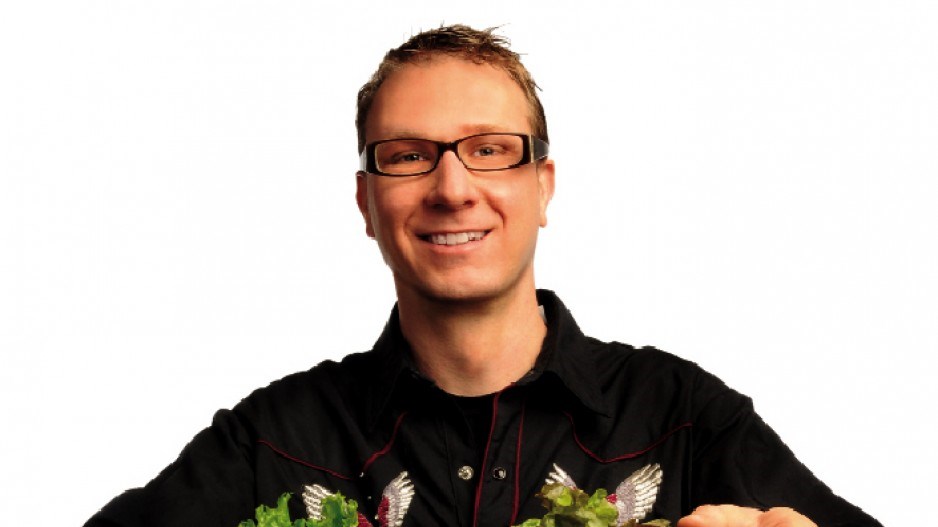Skateboarding is not often seen as a path to corporate success, but for Kelly Jablonski, the popular pastime is more than a lifestyle; it also became his career.
As a sponsored amateur skateboarder, Jablonski spent much of formative teenage years at a Richmond indoor skate park, eschewing the classroom to log the sometimes rough-and-tumble hours needed to hone his skills.
By 15, the young Jablonski had caught the eye of the skate park owner and he was hired to help out since he was there all the time anyway. When the manager ended up leaving, Jablonski was put in charge of the park. It would subsequently close in 1992.
Despite losing his job, the skate park owner told Jablonski that once business picked up, he could come work for him at his distribution company, which sold skateboarding accessories and lifestyle products.
“He called me back in 1992 or 1993,” said Jablonski. “He said, ‘Get in the warehouse. Pack boxes and learn everything you can. I want you to run the whole thing and take it to the next level.’”
Within four years, Jablonski was leading Ultimate Skateboard Distributors Inc.
“Luckily, I got the chance to learn life experience not by going to school but by being given the real-life chance to do it. Not too many people get that chance.”
Riding the latest wave of skate culture revival, the popularity of long boarding has pushed skateboarding back into the public eye, according to Jablonski.
With annual revenue climbing from $3 million to $4 million throughout the ’90s to more than $15 million at the turn of the millennium and settling more recently into the $10 million range, skate boarding’s public persona ebbs and flows but a consistent core of skate subculture keeps business thriving.
Unlike many other Canadian distributors, Ultimate Skateboarding has remained focused on hard goods such as boards, trucks and wheels, while still catering to the lifestyle segment of the market with clothing, shoes and other accessories.
As a member of International Association of Skateboard Companies’ board of directors, based in California, Jablonski finds it “surreal” to be sitting along side industry leaders he once idolized as a young skateboarder.
“Guys that used to be big names back in the ’80s and ’90s and are now leaders of some of the largest companies in skateboarding,” he said. “I sit in a room with these guys as an equal peer when for years I used to buy their boards and see them in magazines.” •




